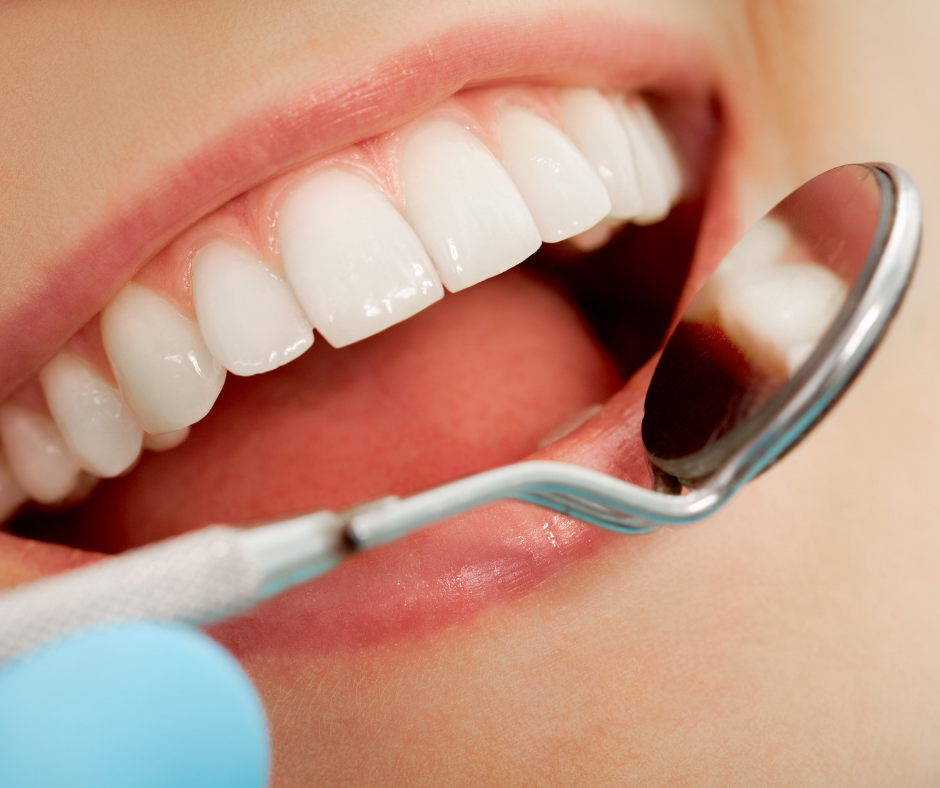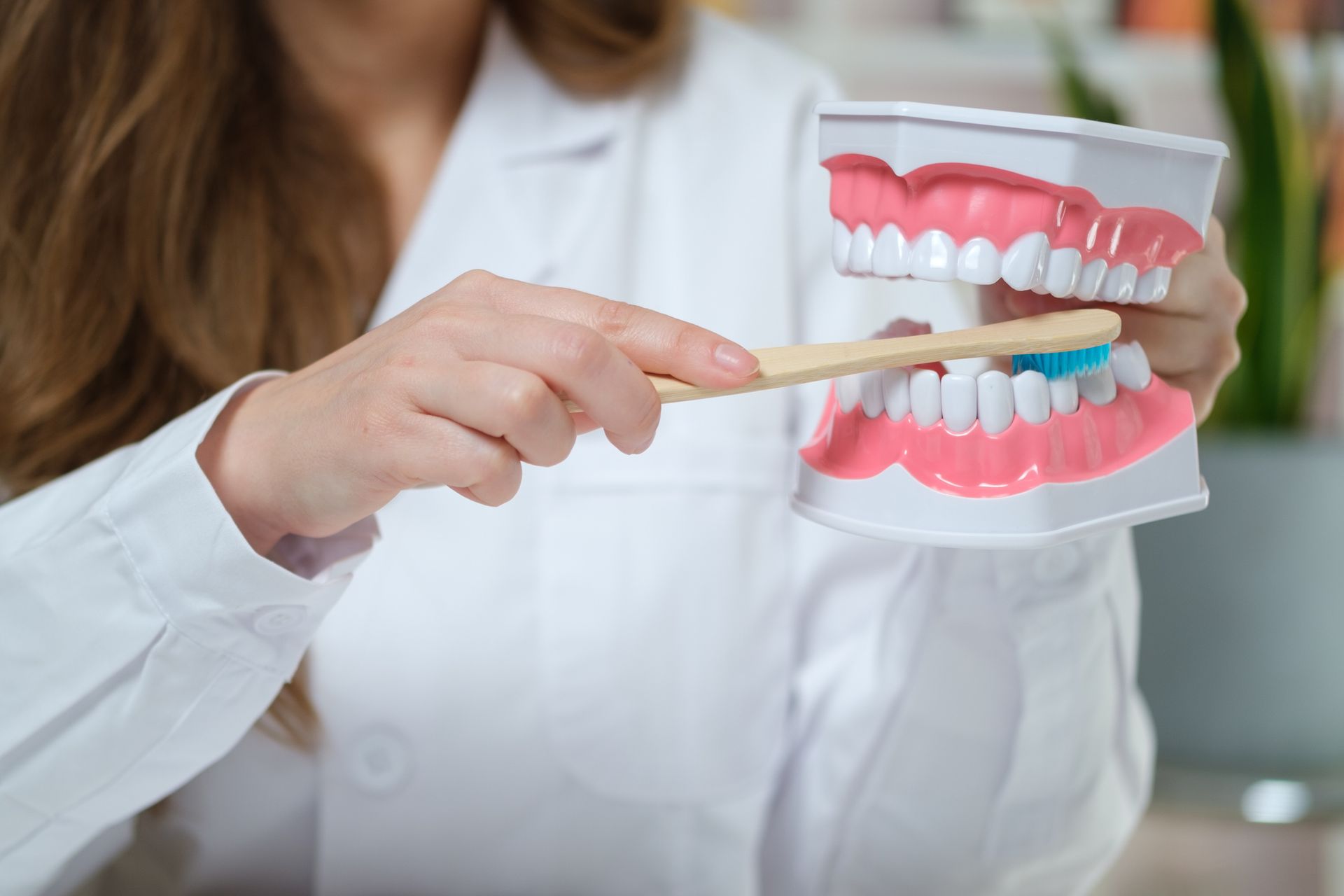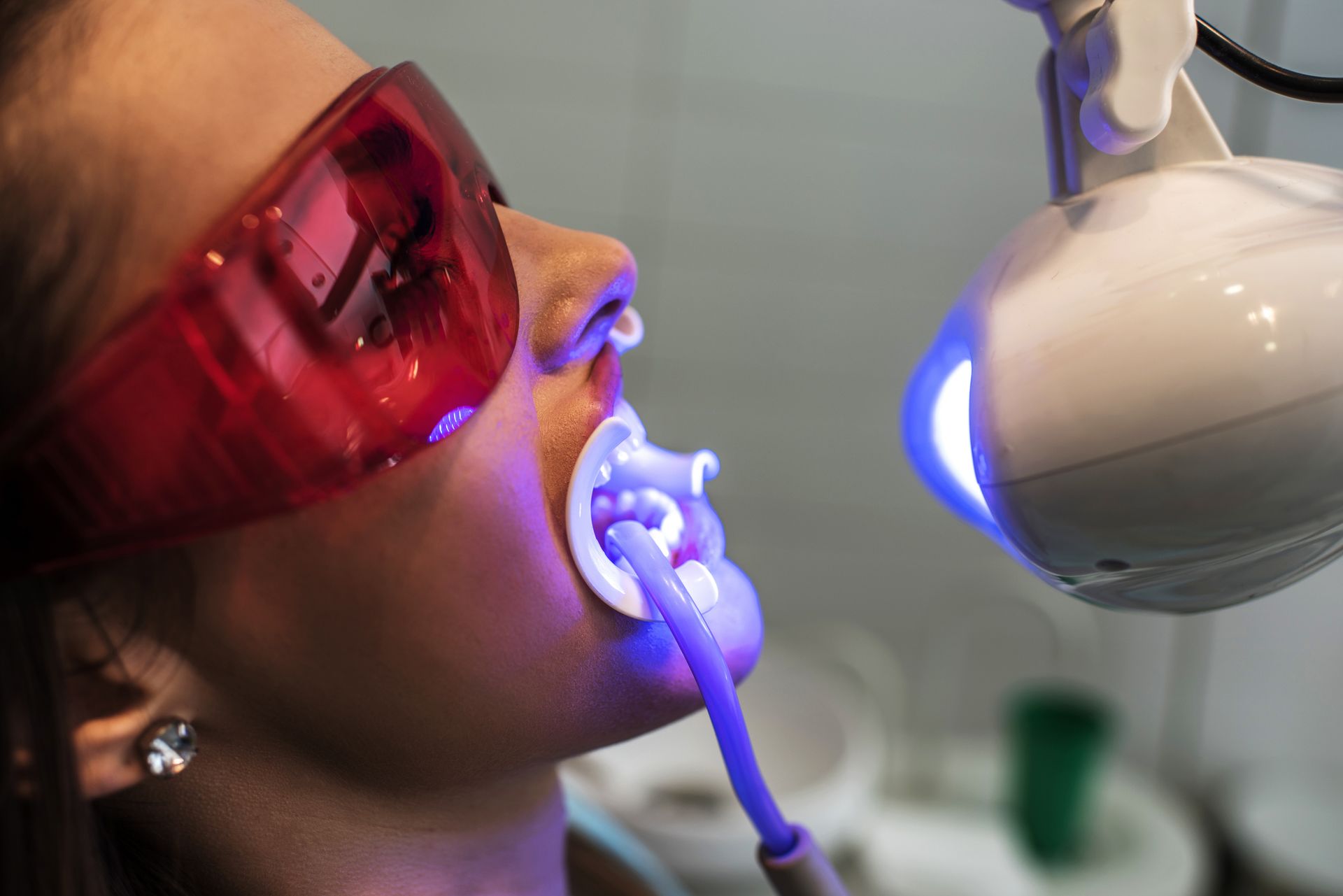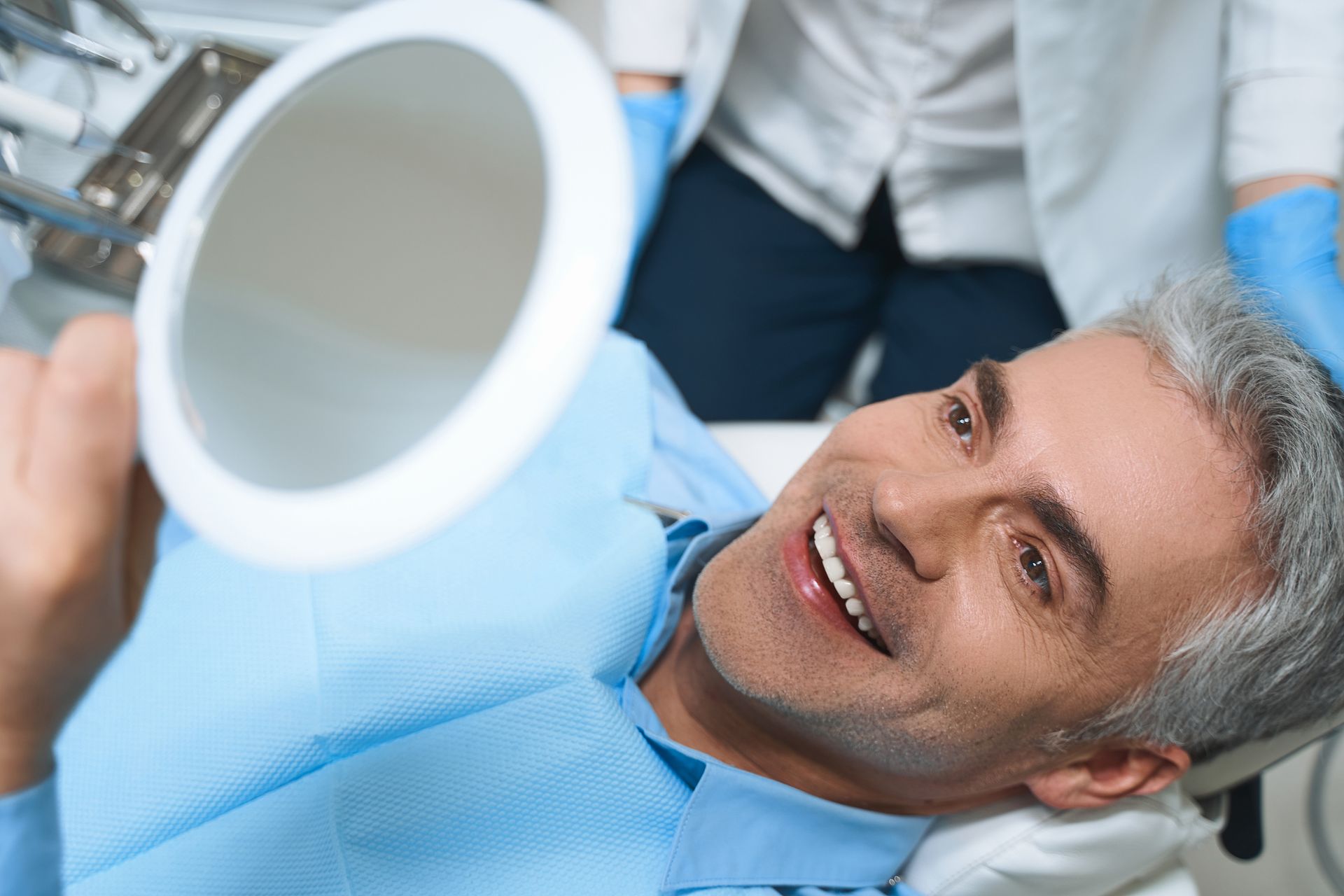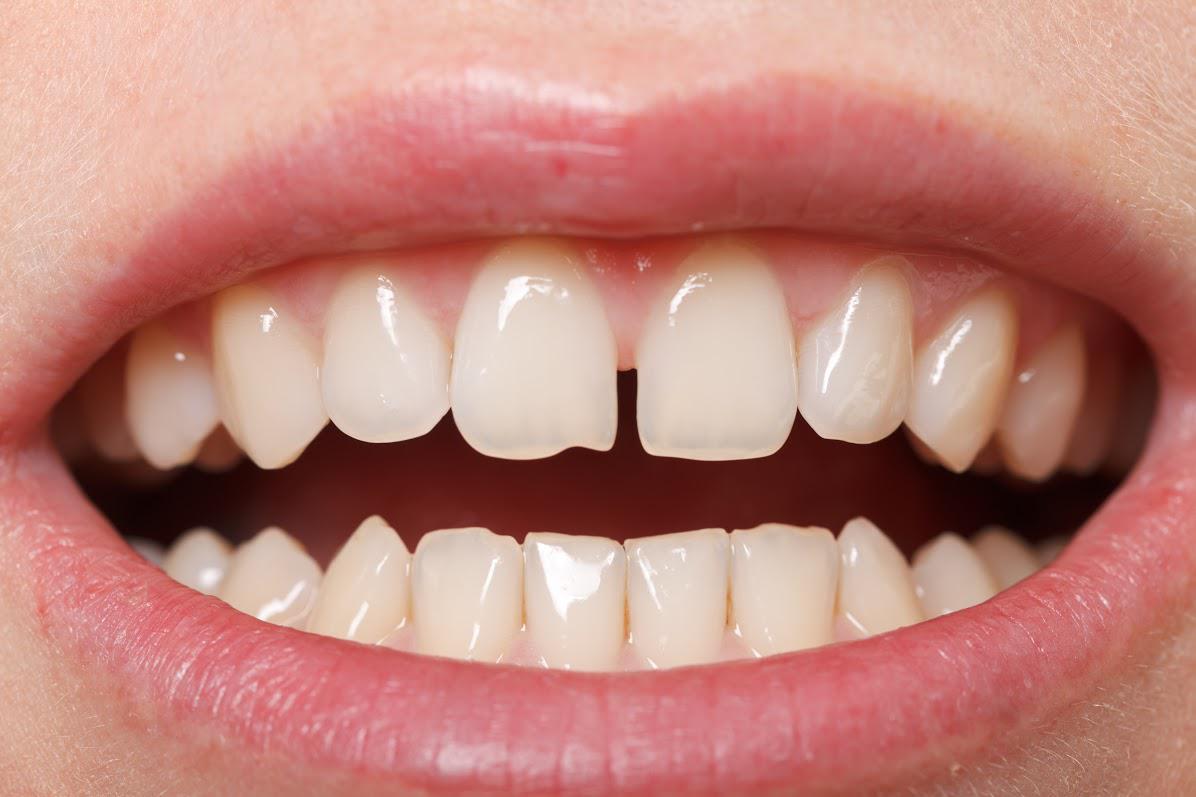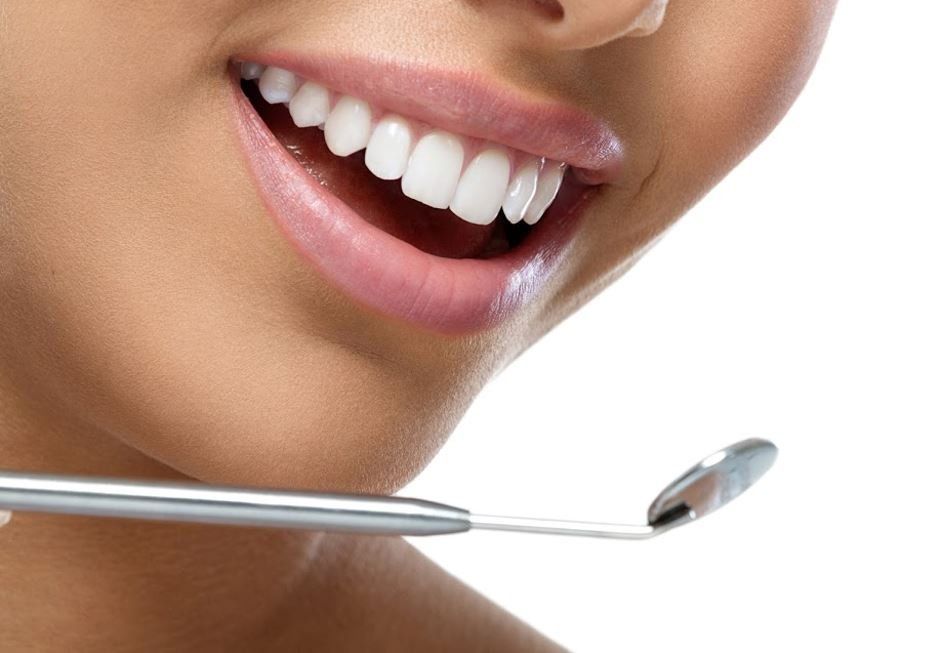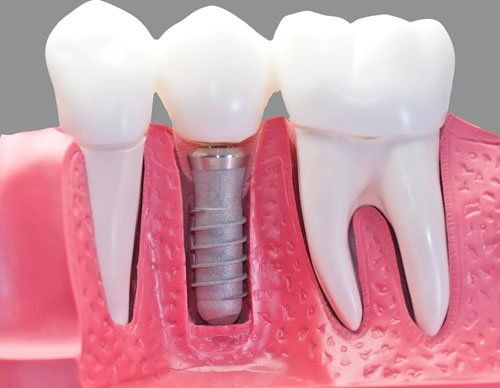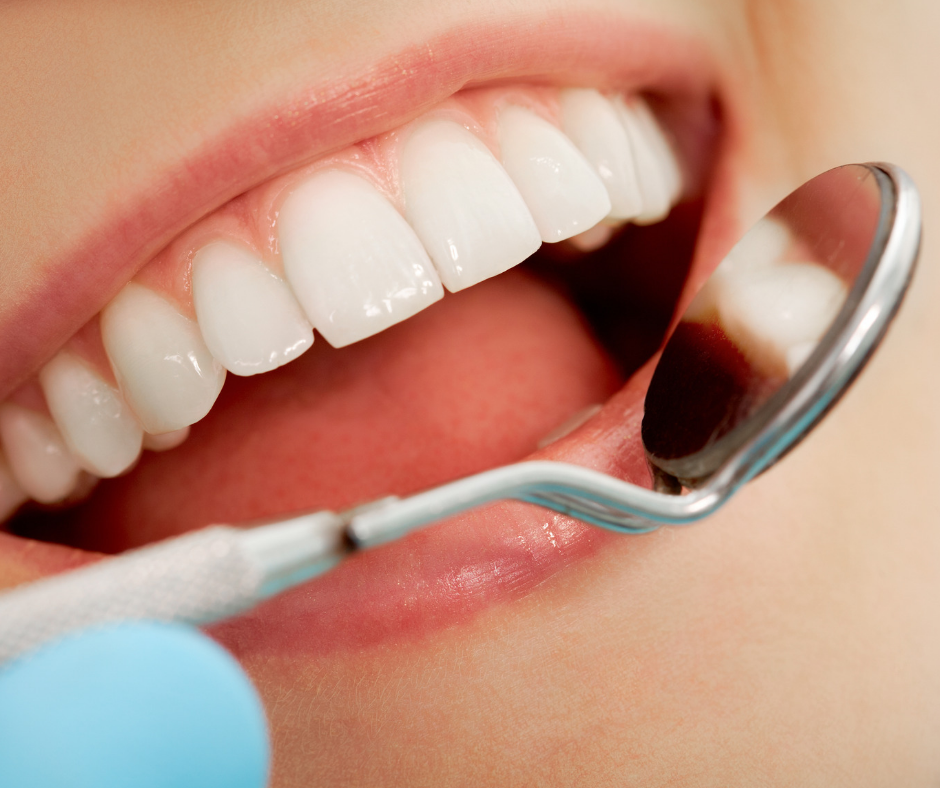3 Possible Causes of Bleeding Gums
Before considering a cosmetic or restorative dental procedure, your gums should be healthy. While improper or infrequent brushing and flossing can cause gingivitis-related gum bleeding, some other factors might also come into play. Here are some reasons why your gums are bleeding that are unrelated to gingivitis.
1. Menopause
Menopause causes declines in estrogen. This hormone is essential for healthy bones and gum tissue in women. Unless your doctor has prescribed hormone replacement therapy, menopause may have a negative impact on your gum tissue such as recession, infection, and frequent or prolonged bleeding.
To help improve your gum health during menopause, consume more vitamin C-rich foods or take a low-dose vitamin C supplement. According to Plos One, not only can vitamin C help manage bleeding gums, it may also help slow the progression of further gum recession.
Talk to your dentist before you start taking vitamin C supplements because high doses can cause enamel erosion. Vitamin C, also known as ascorbic acid, is very acidic and can weaken your tooth enamel or cause it to become thin. Healthy tooth enamel helps prevent bacterial invasion of your pulp, and when your dental enamel has weakened because of erosion, you may be at risk for an abscess or cavity.
Keep in mind that while hormone replacement therapy can both decrease menopause-related hot flashes, night sweats, and bleeding gums, your physician may not prescribe it if you have a personal or family history of estrogen receptor-positive breast cancer. Hormone replacement treatments that include estrogen may fuel this type of breast cancer.
2. Medications
Certain medications, both prescription and over-the-counter, can cause bleeding gums. Some medications impair the clotting ability of your platelets by decreasing platelet aggregation, while other medications may actually suppress your blood platelet count.
If your gums bleed in the absence of gingivitis, see your physician. He or she will determine if your bleeding gums are related to your medications or if you have a health condition such as anemia, a liver disorder, or hematological disorder.
It is essential that you and your physician determine the source of your bleeding gums because excessive oral bleeding may complicate your dental procedures. Here are some medications that can cause bleeding gums:
- Ibuprofen
- Aspirin
- Blood pressure medications
- Diuretics
- Antihistamines
If your physician determines that your medications are causing your gums to bleed, a dosage reduction may be recommended. If lowering the dosage fails to control your bleeding, the medication may be discontinued altogether and replaced with a different one that is less likely to cause gingival bleeding.
3. Autoimmune Disorders
If you have an autoimmune disorder such as Sjogren's syndrome , your gums may bleed more than usual.
Certain autoimmune disorders can cause problems with your salivary glands, resulting in diminished salivary flow. This can cause a dry mouth and increase your risk for gum infections. When salivary flow is impaired, bacteria and fungi may accumulate inside your mouth, which saliva usually flushes away. The bacteria can cause gingivitis and other oral infections, raising your risk for bleeding gums.
Autoimmune disorders can also trigger an inflammatory response, which can result in gum inflammation and subsequent bleeding. While autoimmune disorders may be more common in women, men can get them too.
Before undergoing a dental procedure, make sure your autoimmune disorders are well-managed. In addition to an increased risk for bleeding gums, untreated or poorly managed autoimmune disease can slow healing after oral surgery or other dental procedures.
To learn more about our dental services such as prosthodontic care, implant restorations, cosmetic dentistry, or fillings, contact the office of Gregory S Rutherford, DDS , today to schedule your appointment.

